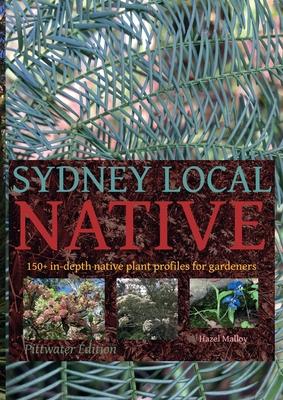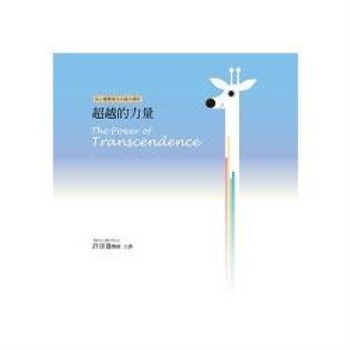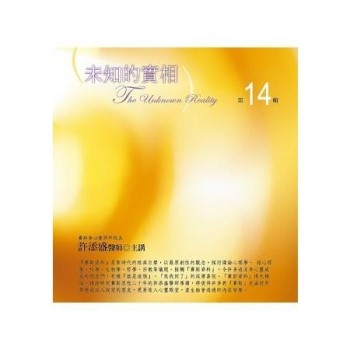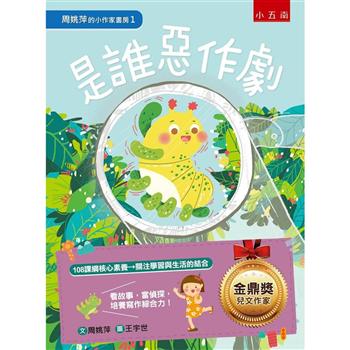More than 150 profiles of Australian native plants that are native to the Sydney Basin and are easy to grow and attractive in a garden context. Particular emphasis is given to species that are components of Pittwater Spotted Gum Forest (PWSGF), an endangered plant community that is found around Pittwater in the Northern Beaches local government area, and on Scotland Island.
Each species is given a thorough and detailed profile including average maximum height and width, a description of the plant’s form, flowers, and flowering season, an overview of the plant’s best features, its preferences for soil, water and light, where it is naturally distributed.
Each species is illustrated by one or more photographs. There is a handy index by growth form (e.g., shrubs, small trees and grasses), and comparison tables.This edition of the book focuses on the Pittwater and Northern Beaches region; other editions may be forthcoming later. In addition to the distribution information, every plant’s profile states whether the species is native to the Sydney region and also to Scotland Island, and whether or not the species is a component of Pittwater Spotted Gum Forest (PWSGF). Scotland Island contains the largest area of conserved PWSGF on public land. To a gardener, both of these pieces of extra information are valuable to help in selecting candidates for your garden, especially if your garden is located on land that was formerly vegetated with PWSGF or similar forest community prior to clearing for development. Species that are naturally found on Scotland Island and are part of PWSGF are likely to do very well in local Pittwater gardens.In some cases, especially where the species is not found on Scotland Island or is not a component of PWSGF, locations are given where the species can be seen on local Northern Beaches bush walks. In other cases, the location is given where the nearest wild-collected herbarium specimen was collected; generally this will have been prior to clearing for residential settlement. If your garden is on similar land to these locations, it provides a strong indication that the plant may do well in your garden.
Each species is given a thorough and detailed profile including:
- average maximum height and width
- a description of the plant’s form
- flower colour and flowering season
- an overview of the plant’s best features
- its preferences for soil, water and light
- where it is naturally distributed.










